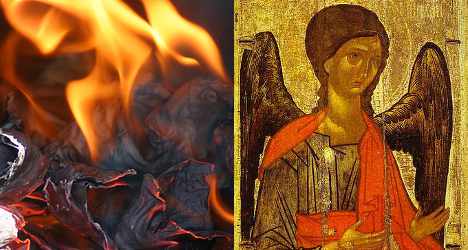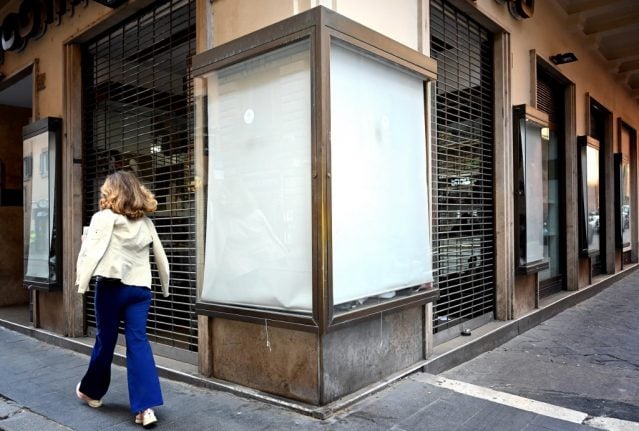The 12-page document was found during a raid in the Calabria region in July, Gazzetta del Sud reported on Tuesday. A similar find was made last year, while other such documents in the region go back as far as 1888.
John Dickie, author of Mafia Brothers and Mafia Republic, said membership rituals are common among Italy’s criminal networks.
“They are freemasonries of criminals and murderers. Rituals help mould identities and establish them as a race apart,” he tells The Local.
“The would-be member is shown into a dark room with other members standing in a circle. They are made to declare an oath.
“Their finger is pricked and their blood is dropped onto an image, such as the Madonna or the archangel Michael. Then the image is burnt,” he says of a common ritual.
But before even getting to the ritual stage, a mafioso's criminal calibre must be proved – for example, by killing someone, Dickie says.
The 'Ndrangheta mafia has several rituals for different ranks, evidence of which can be used against members by the Italian authorities.
“It has a specific anti-mafia law, passed in 1982, so significant that the mafia murdered the person who proposed it,” Dickie says.
“It allows the state to prosecute people for being mafia members without a specific crime – this is important because often the boss will never press a trigger,” he adds.
Just 12 pages of notes on how to join the 'Ndrangheta could therefore prove vital in convicting the dozens of suspects arrested in the July raids.
“A piece of evidence [like this] makes it an open and shut case,” says Dickie.




 Please whitelist us to continue reading.
Please whitelist us to continue reading.
Member comments